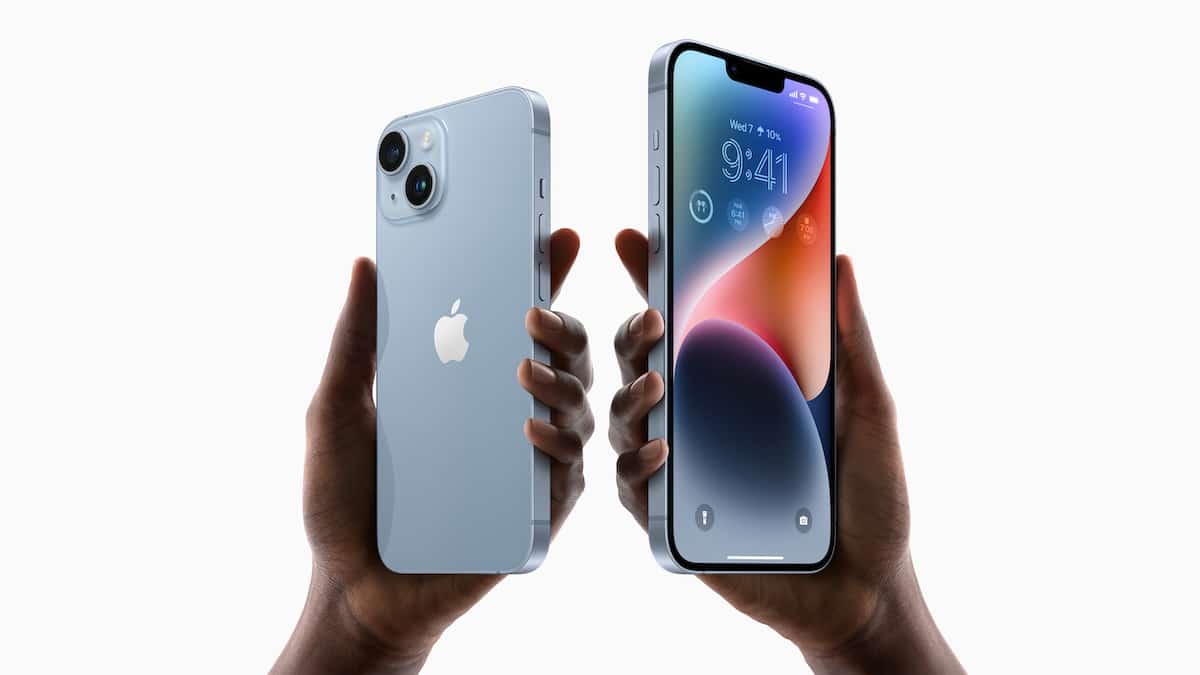In a surprising move reported by The Wall Street Journal today, China has banned the use of Apple iPhones and other foreign technology devices within its government agencies. This marks a significant expansion of a longstanding Beijing policy designed to reduce reliance on foreign technology, primarily due to concerns over cybersecurity threats from abroad.
The ban is also a setback for the Cupertino tech giant’s efforts to become a more privacy-focused company. Apple has long marketed the iPhone as a device that protects user privacy. However, the ban in China suggests that Apple may be willing to weaken the security of its devices in order to comply with local laws.

Apple’s commitment to privacy undermined by China ban
Apple, a brand synonymous with innovation and privacy, is no stranger to the Chinese market. The iPhone, in particular, has captured a substantial share of the high-end smartphone market in China. One contributing factor to Apple’s success in the region has been Huawei’s struggle to produce competitive 5G handsets following U.S. sanctions.
However, this new ban on Apple devices in government buildings has the potential to tarnish the company’s image in China. Speculations have already arisen about possible spying or interference, which could affect customer trust and sales.
What’s intriguing is that this move seems to contradict Apple’s core marketing message of prioritizing user privacy. Critics argue that Apple compromises the security of its devices in China to comply with local laws. For instance, iCloud data for Chinese citizens is stored within data centers physically located in China, potentially making it easier for the government to intercept information. Apple claims to be the sole holder of decryption keys for this data, but some consumers have expressed doubts.
This ban is part of a broader context of strained foreign relations between China and other countries, notably the United States. The U.S. has imposed various sanctions on China, including restricting advanced semiconductor exports, aimed at limiting the country’s military capabilities. Conversely, China is aggressively pursuing a strategy to reduce its dependency on foreign technology, striving to build an independent domestic supply chain.
In related news, Russian authorities have also escalated their crackdown on Apple due to espionage concerns, banning thousands of officials and state employees from using iPhones. The move, affecting key ministries and institutions, reflects fears of increased US intelligence agencies spying on Russian state entities.
The ban aims to address wiretapping and unauthorized access concerns, although some skeptics suggest personal preferences of certain officials could be a factor. Similar bans are planned in finance and energy ministries. While doubts linger about a full transition to Russian-made devices, it remains uncertain if this action will permanently shift device preferences among Russian officials following allegations of Apple’s collaboration with US intelligence agencies.
(via the WSJ)